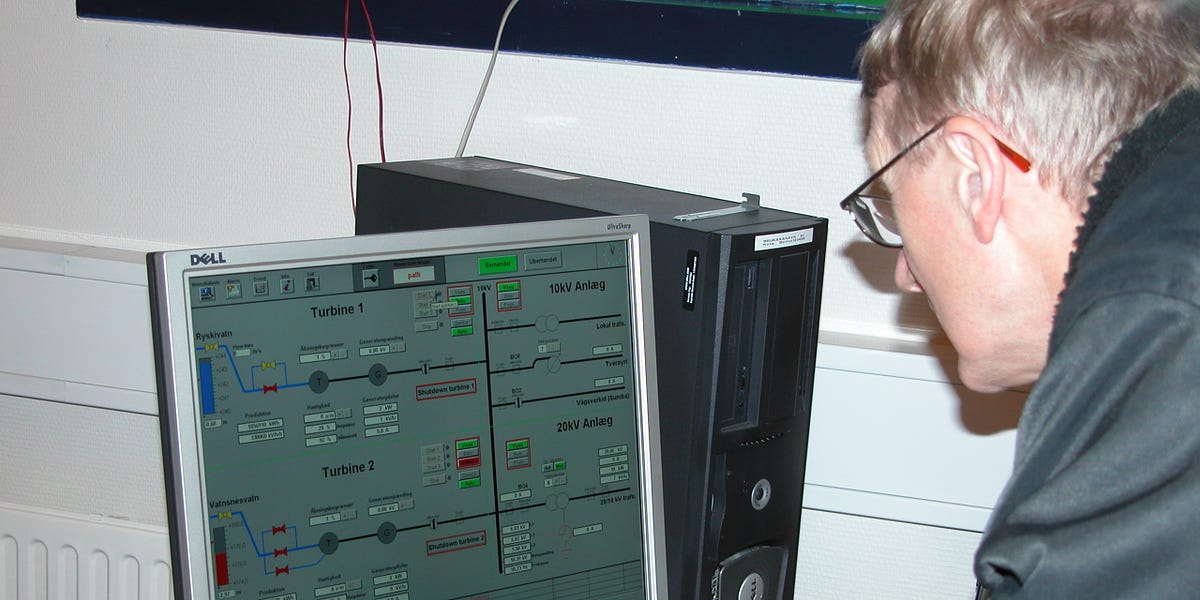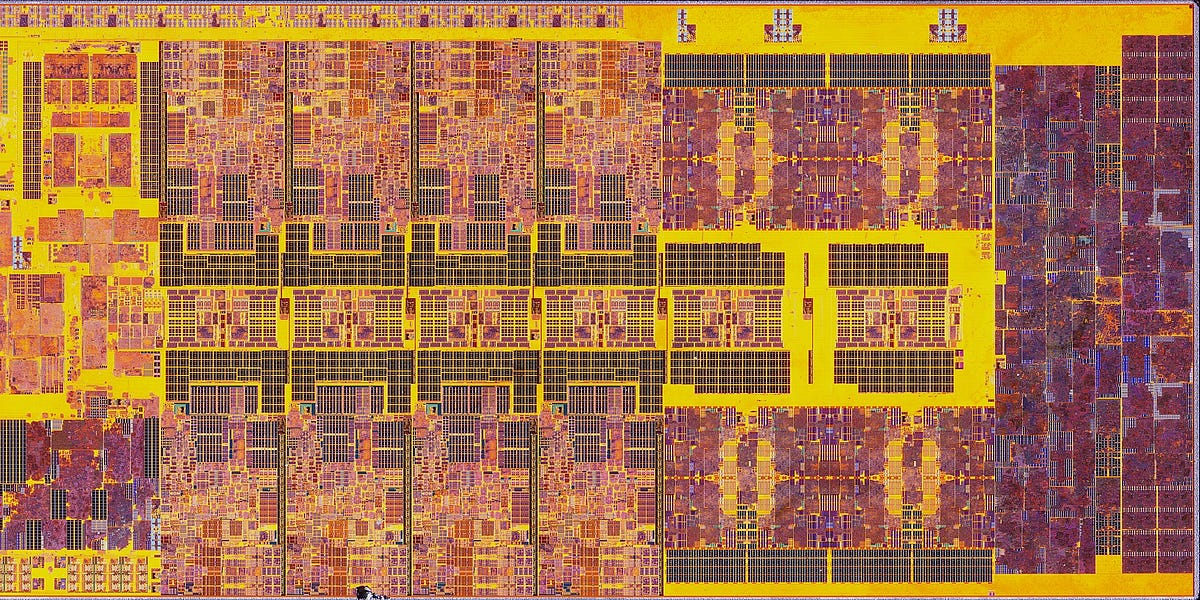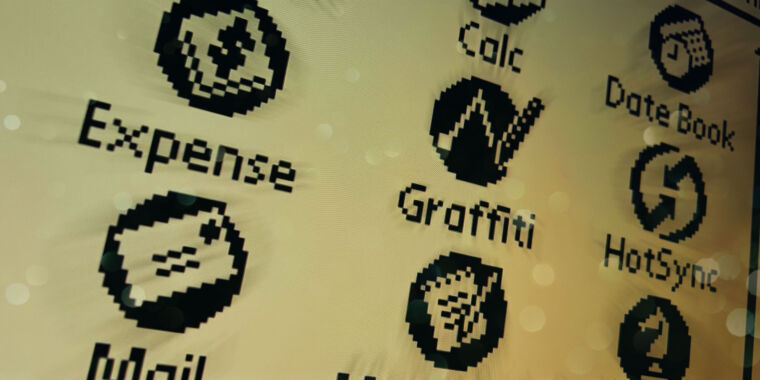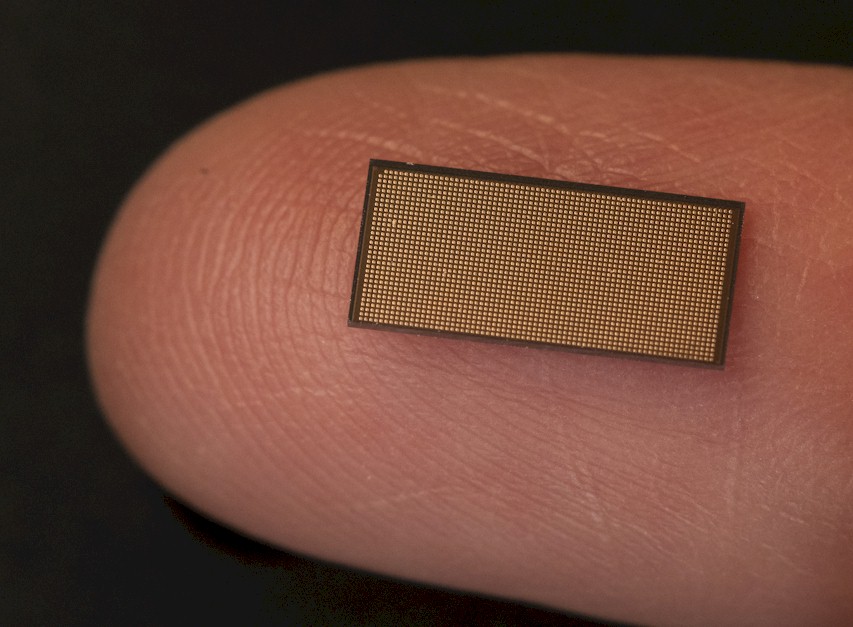
Communications of the ACM
Today, it is a widely accepted thesis amongst historians and computer scientists that the modern notion of computer programs has its roots in the work of John von Neumann. This is symptomatic of a general tendency amongst academic computer scientists to search for the foundations of their field in logic and mathematics and, accordingly, also its historical roots. This is a distorted view of what happened: at best, the modern computer was driven by concerns of applied mathematics and developed by a collective of people (mathematicians, engineers, physicists, (human) computers, and so forth). We will not repeat why, in computing, history is reshaped in function of disciplinary identity.2,15 Instead, we will revisit the origins of the word "program" and argue for the need of a deeper historical understanding, not just for the sake of academic history, but for the sake of the field itself.
The notion of "program" is a fundamental one. In the flux of historical time and space, "program" underwent significant changes and has different connotations today when compared to the 1950s. Indeed, today, other words are often used instead: "software," "apps," or "algorithms" (as in "ethics of algorithms"). Moreover, "program" means different things to different people: a logically minded computer scientist will have a different understanding than a software engineer. Nonetheless, as soon as one starts to speak about the historical origins of the term, this plurality of meanings disappears to be replaced by only one, namely, the "stored program." This is anchored in another historical narrative: the modern computer originates in the "stored-program" computer. While this latter notion has been historically scrutinized,7 the origins of "program" have hardly been looked at independently of that notion.a So what is the classical story here?






















